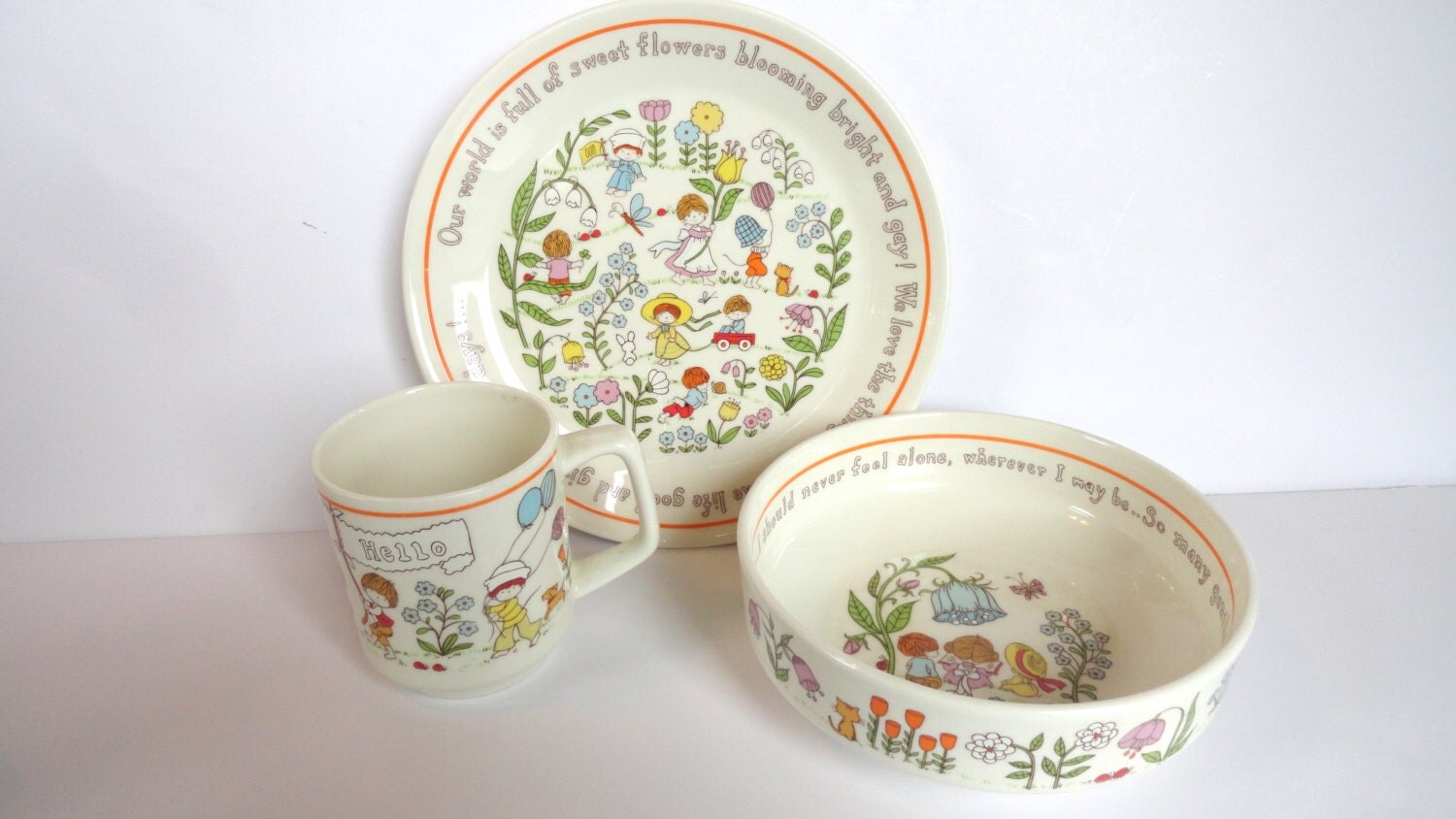If you already lean toward specific ideologies and beliefs, and then only seek circles of information that consistently confirm and never challenge that framework, there's a term for it, "confirmation bias", and chances are, your ideologies and beliefs are shaky, at best. At worst, those beliefs can kill people, when those with such bias are allowed to effect legislation and rules for the rest of us, or when average people decide to allow their biases to affect others' right to life and freedom.
It's how we learn and grow. Changing your mind or not being able to make up your mind is not weakness, it is strength. It fortifies and grows the mind to be flexible in thinking. And sometimes, issues are so complex, once we allow more information in, there can be no cut and dry solution or stance, because reductionism marginalizes and trivializes.
Anyone who truly understands an issue can argue for or against that issue with equal fervor and breadth, because they can explain all sides.
It gives us greater ability to be able to protect ourselves against tyranny and injustice when strategizing in a geopolitical sense, in business, or in our personal lives. And when need be, it also adds a sense of humility and compassion to our stances, so we are able to deeply understand the view of our supposed enemy.
So, challenge your mind's comfort and step outside the norm. Take a different path home and see what you find.



